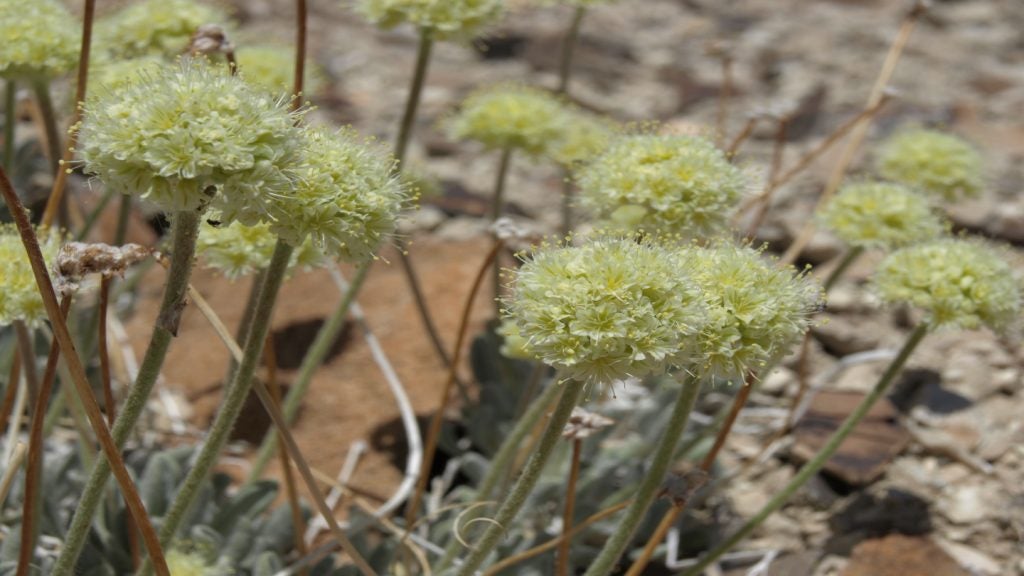The US Federal Government’s approval of ioneer’s Rhyolite Ridge lithium mine in Nevada has sparked a lawsuit from environmental and indigenous organisations, citing risks to a rare wildflower, dubbed Tiehm’s buckwheat, that could potentially lead to its extinction, reported Reuters.
The lawsuit also raises alarms about the potential environmental impacts of the mine, including effects on air quality, cultural resources, groundwater, springs, wetlands and wildlife habitats. The claimants argue that the transformation of a secluded rural area into an industrial complex could be detrimental.
The groups allege that the Bureau of Land Management (BLM) authorised the mine without ensuring the protection of the wildflower and the environment, in violation of several federal laws including the National Environmental Policy Act, the Federal Lands Policy and Management Act, and the Endangered Species Act.
The legal challenge was lodged in a Las Vegas federal court.
The US Interior Department has not issued any comments regarding the lawsuit.
Meanwhile, ioneer, the Australia-based company, remains optimistic that the legal challenge will not significantly disrupt its development timeline.
Ioneer corporate development and external affairs vice-president Chad Yeftich said: "We are confident that the BLM will prevail against this lawsuit.
"We intend to intervene and vigorously defend the BLM's decision, which was based on its careful and thorough permitting process."
The approval of the mine last week concluded a review process spanning over six years.
The Interior Department stated that it had implemented numerous measures to safeguard the ecosystem surrounding the mine site, located approximately 362km north of Las Vegas.
The mine is projected to supply lithium for around 370,000 electric vehicles (EVs) annually, with construction beginning next year and production starting by 2028.
The mine is expected to be a crucial supplier for Ford Motor and other EV manufacturers, aligning with the Biden administration's efforts to bolster critical minerals production and reduce reliance on China.
The project's approval also triggered a $700m loan from the US Department of Energy in January last year.









